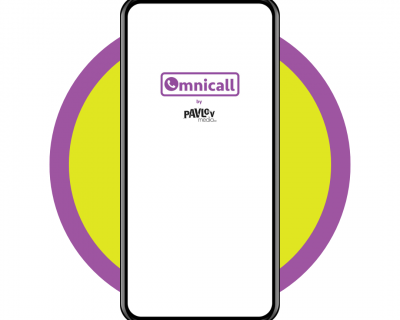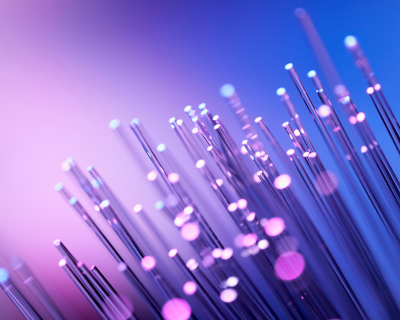
Why Fiber Internet Is More Reliable for Your Business
You may notice increased Internet outages during severe weather phenomena. We’ve all been there: a thunderstorm or blizzard rages outside as we work, and suddenly our Internet experiences interruptions, upending our workday and productivity. Luckily, we can largely avoid this issue with fiber Internet.
At Pavlov Media, we strive to deliver the most reliable Internet connections possible to our serviceable communities, despite weather conditions. Keep reading to learn more about fiber’s nearly weather-proof qualities and how Pavlov Media’s business Internet may be the productivity solution your company has been searching for.
Fiber lines are underground.
Traditional Internet options like satellite, DSL and cable have above-ground infrastructure that can be damaged easily by wind, rain and snow.
For example, fallen tree limbs often cause Internet outages. If a tree limb falls into above-ground infrastructure and damages it, your business Internet could be out for hours or even days. In the meantime, your team will either miss out on online work for long periods or rely on their personal hotspots, which could be a security issue.
Fiber cables, however, are hidden below the surface and often contained in a tube for extra protection. This means weather elements can’t reach fiber cables in most instances. In other words, when you switch to fiber, your business will continue working without interruptions when neighboring companies or competitors struggle to reconnect to their network after a bad storm.
Fiber light pulses are flexible.
Weather-related Internet outages can also occur in ways you wouldn’t expect. When power lines are down or tree branches drop on necessary Internet infrastructure, the damage causes cable lines to bend. This damages the copper wiring and can significantly affect the Internet signal to your business. Fiber, however, has a different fate.
The glass strands that make up fiber lines bend easily without breaking. When fiber lines are bent, the light pulses that power fiber can still move through to and from your business. In other words, fiber Internet goes with the flow. Unless the line is physically cut, your Internet signal should endure when the line is bent.
Electromagnetic interference does not affect fiber.
Aside from fiber’s location, its composition also makes it reliable because it isn’t susceptible to electromagnetic interference (EMI).
EMI occurs when nearby sources of electricity — ranging from appliances in the breakroom to lightning outside — interrupt the flow of electrical signals.
What happens to your Internet connection when EMI occurs? You may experience disruptions to your service, slow loading times or crashes. If EMI is common in your office, it’s wasting more time in interruptions and slowdowns than you may realize. Even worse, if bad weather is causing EMI, your staff may be unable to contact loved ones or get weather reports due to network issues.
Cable Internet uses coaxial cable, which is typically copper based. Nearby electromagnetic energy can easily influence copper. To visualize the magnitude of electromagnetic energy in your office, think about the electromagnetic energy from the microwave in the breakroom, nearby power lines and the electric cars in the parking lot — all of these everyday items around your office can interact with your cable Internet!
Here’s why fiber Internet is a different story. Fiber is made from hair-like glass strands that do not use electricity. Electromagnetic energy cannot influence glass, so EMI doesn’t affect fiber lines. So as your competitors struggle with EMI-related issues, your company can enjoy consistent service, regardless of nearby appliances.
Make the switch to fiber Internet.
Ultimately, fiber is the most reliable Internet option for your business and will save your staff members precious time with fewer outages.
Your business deserves the best possible Internet to stay ahead of the competition. Contact us today to connect to Pavlov Media’s business fiber Internet.




